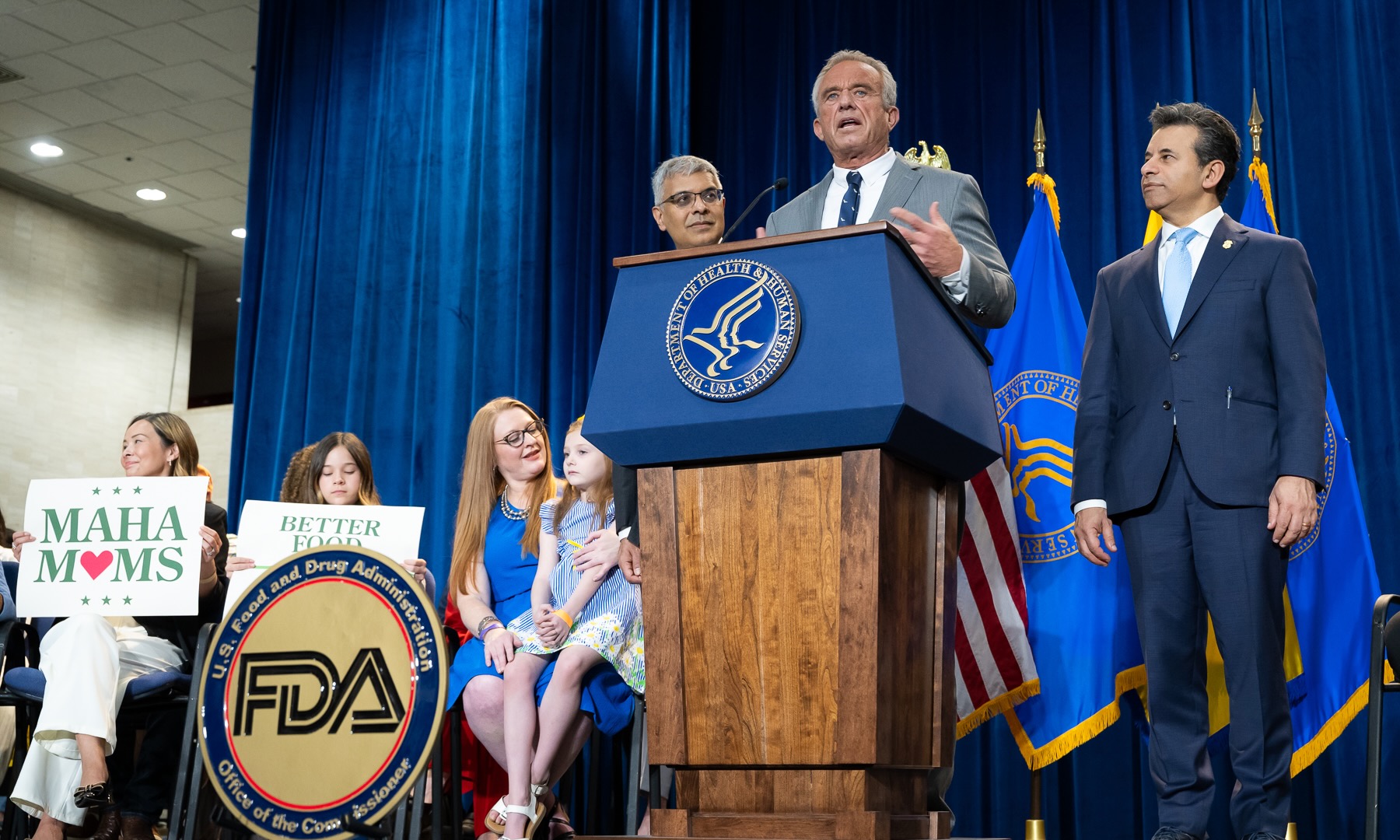The link between climate change and eating habits is receiving increased attention, with new research proposing that rising temperatures could be impacting dietary choices in surprising manners. Studies reveal that as the heat of summer increases, people in the United States are exhibiting a greater inclination to consume sugary foods, including sweets, soda, or packaged snacks.
The relationship between climate and dietary choices is not a completely new concept. Traditionally, the changing seasons have influenced what individuals consume. During the colder periods, substantial meals high in fats and carbohydrates were typically consumed, offering warmth and energy. Conversely, the warmer season tended to be linked with lighter eating patterns, including fresher foods and increased fluid intake. Nevertheless, the current food industry, characterized by the broad accessibility of processed goods and sugary drinks, has disrupted these natural cycles. Rather than depending on seasonal foods, a significant number of Americans now opt for convenient products rich in added sugars, particularly when faced with escalating temperatures and the unease that can accompany the heat.
The science behind sugar cravings in hot climates
One theory that researchers are exploring is that sugar consumption may provide a quick, accessible source of energy during stressful conditions such as heat waves. High temperatures can place physical strain on the body, leading to fatigue, irritability, and even dehydration. Sugary foods and drinks offer an immediate energy boost, albeit a short-lived one, which may explain why many individuals instinctively reach for them. Cold, sweet beverages, in particular, offer both refreshment and a psychological sense of relief, even if the long-term consequences of frequent consumption are less beneficial.
From a neurological perspective, heat stress can trigger changes in hormones and neurotransmitters that influence mood and cravings. Dopamine, the brain’s “reward chemical,” plays a significant role here. Sugary foods activate dopamine pathways, creating feelings of pleasure and comfort that can temporarily counterbalance the irritability associated with high temperatures. This neurobiological effect may help explain why ice cream shops, soda brands, and other sugar-heavy businesses often see spikes in demand during unusually hot seasons.
Implications for public health
Although a quick sugar boost might offer immediate comfort, the consequences for health due to higher sugar intake are substantial. The United States is already confronting high levels of obesity, type 2 diabetes, and heart disease, all of which are associated with diets rich in added sugars. Should climate change lead to increased sugar consumption, public health systems might experience an even greater strain in the future.
The challenge is not just individual behavior but also the food environment. Many communities, particularly in urban and low-income areas, have limited access to affordable fresh produce and nutritious options. This makes sugary, calorie-dense foods not only tempting but also practical in terms of price and availability. As heatwaves become more frequent, these structural inequities may worsen dietary patterns, with long-term consequences for vulnerable populations.
Adapting to a changing climate through healthier choices
The increasing volume of research illustrating the connection between elevated temperatures and changes in diet emphasizes the necessity of taking proactive steps. Public health initiatives might have to evolve by advocating for options that cater to hydration and energy requirements without depending on high sugar content. Choices like water infused with fruits, natural smoothies, or cold snacks prepared from whole foods can offer comparable psychological satisfaction while delivering nutritional advantages.
On a broader scale, policymakers and food industry leaders have a role to play in making healthier options more accessible and appealing. Expanding subsidies for local produce, encouraging urban farming initiatives, and reformulating popular products to reduce added sugars are all strategies that could help counterbalance the effects of climate-driven dietary shifts. At the same time, education campaigns highlighting the health risks of high sugar consumption—especially during periods of extreme heat—can empower individuals to make more informed choices.
Another aspect to take into account is the significance of adapting to cultural changes. Similar to how culinary customs have changed over time due to climate factors, contemporary society might have to rethink its summer traditions. Rather than linking escape from warmth solely to sugary drinks or ice cream, people could develop fresh cultural practices centered on healthier coolers that continue to bring delight and ease. Implementing this change demands ingenuity, yet it also presents a chance to enhance resilience when confronting climate change.
As researchers delve deeper into the complex relationships between climate change and human well-being, the insights on sugar intake are merely one aspect of a much broader picture. Increasing temperatures are influencing not only agriculture and food distribution systems but also altering how people engage with food in both psychological and cultural contexts. Grasping these dynamics is crucial for getting ready for a warmer, more uncertain future.
The trend of increased sugar consumption in hotter climates highlights the urgency of developing healthier, climate-resilient food systems. By combining scientific insight, public health initiatives, and cultural adaptation, it is possible to create strategies that support well-being even as the planet warms. The key lies in acknowledging the profound influence that environmental changes exert on human behavior and addressing them with thoughtful, evidence-based solutions.



